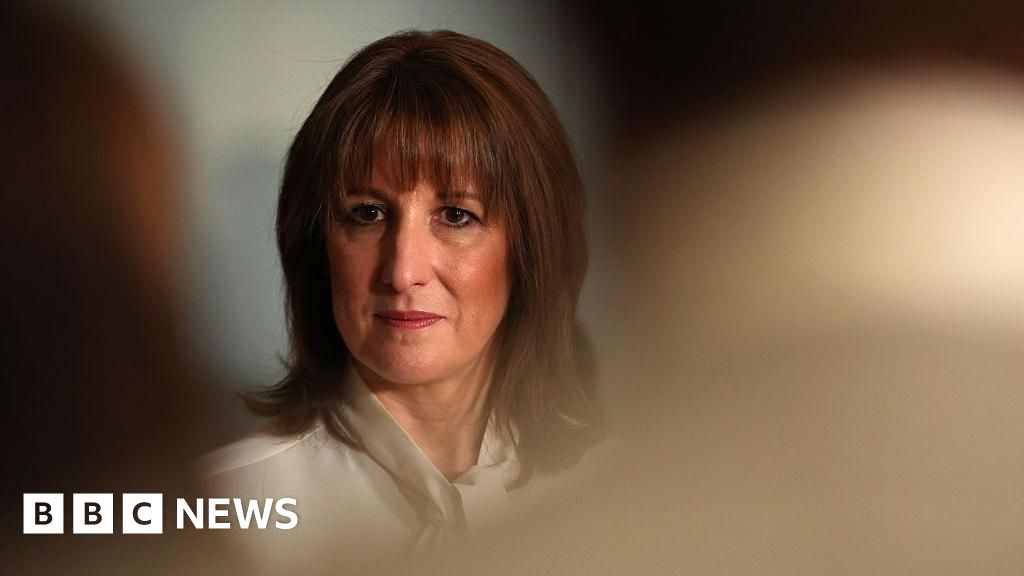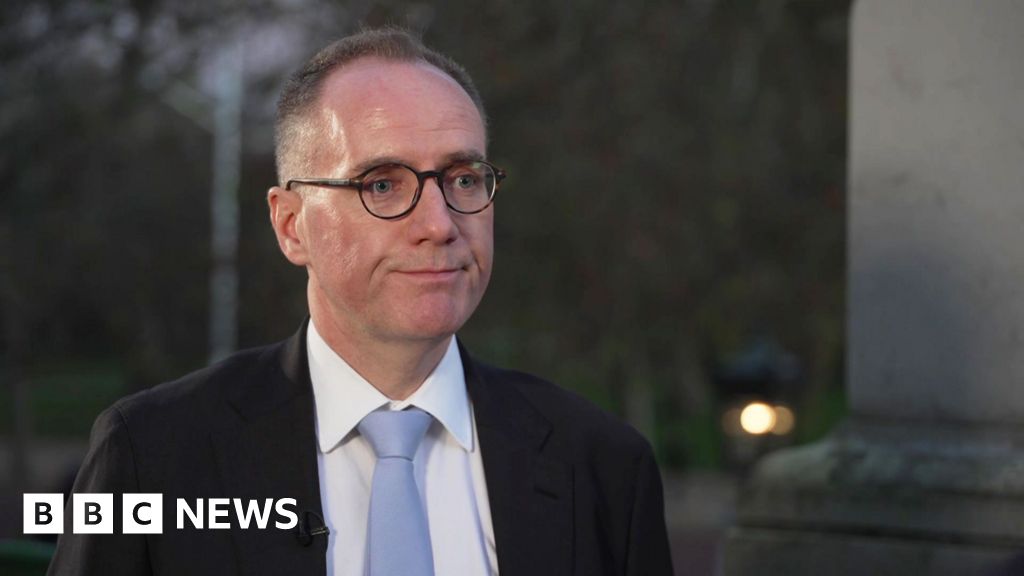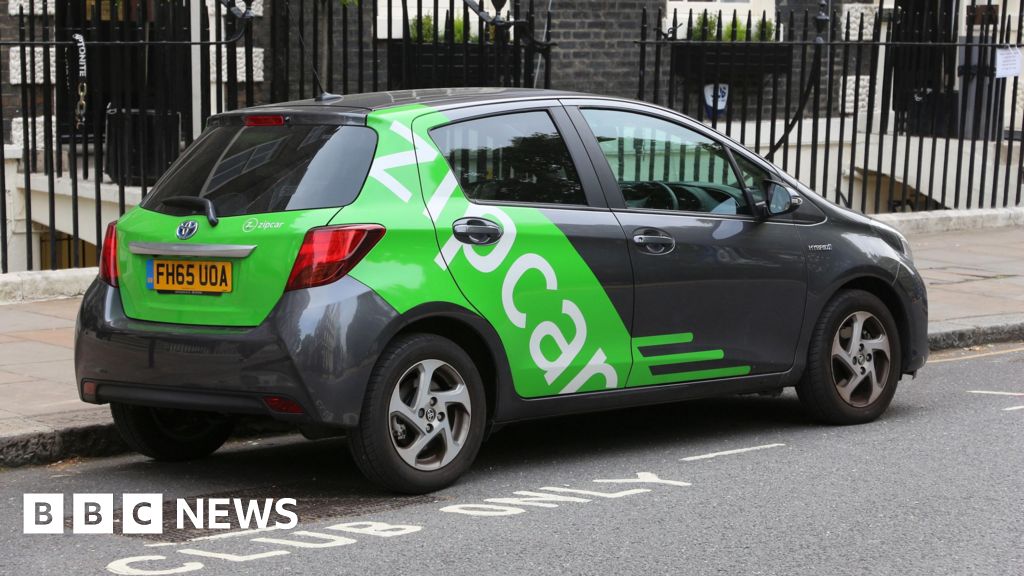Nick Edserbusiness reporter
The UK economy grew slightly in August helped by an increase in manufacturing output, according to the latest official figures.
The economy expanded by 0.1%, the Office for National Statistics said, after contracting by 0.1% in July.
The government has made boosting the economy a key priority and pressure is mounting ahead of the Budget next month.
Many economists have been warning that tax rises or spending cuts will be needed to meet the chancellor's self-imposed borrowing rules.
The Institute for Fiscal Studies is projecting Rachel Reeves will need to find £22bn to make up a shortfall in the government's finances, and will "almost certainly" have to raise taxes.
On Wednesday, Reeves said she was "looking at further measures on tax and spending, to make sure that the public finances always add up".
The main driver of growth in August was the manufacturing sector, which grew by 0.7%.
However, the monthly growth figures can be volatile, and the ONS has downgraded July's figure from its initial estimate of zero growth to a 0.1% contraction.
The ONS is focusing on growth over a rolling three-month period, and in the three months to August the economy expanded by 0.3%, which was a slight improvement on the previous figure.
"Economic growth increased slightly in the latest three months. Services growth held steady, while there was a smaller drag from production than previously," said Liz McKeown, ONS director of statistics.
"Continued strength in business rental and leasing and healthcare were the main contributors to services growth, partially offset by weakness in some consumer facing services, while wholesalers also fared poorly."
Yael Selfin, chief economist at KPMG UK, said that while the economy had returned to growth in August, the "outlook remains weak".
She said households were beginning to feel the impact of slowing wage rises while still facing higher costs for essentials such as food.
Uncertainty about potential tax rises in the Budget is also "expected to weigh on activity for both households and businesses", she added.
"As a result, we anticipate growth to remain sluggish over the coming months."
Earlier this week, the International Monetary Fund (IMF) predicted that the UK would be the second-fastest-growing of the world's most advanced economies this year.
However, it also said the UK would face the highest rate of inflation among G7 nations both this year and next, as result of rising energy and utility bills.
A Treasury spokesperson said: "We have seen the fastest growth in the G7 since the start of the year, but for too many people our economy feels stuck.
"The chancellor is determined to turn this around by helping businesses in every town and high street grow, investing in infrastructure and cutting red tape to get Britain building."
Shadow chancellor Mel Stride said the latest figures "show that growth continues to be weak and Rachel Reeves is now admitting she is going to hike taxes yet again, despite all her promises".
"If Labour had a plan - or a backbone - they would get spending under control, cut the deficit and get taxes down."
Daisy Cooper, Liberal Democrat Treasury spokesperson, said the government was "simply not doing enough to kickstart growth".
"The chancellor must quit her slowcoach approach to the economy and finally drop her damaging national insurance hike, which has stifled business and hit high streets up and down the country."

 Movie
Movie 1 month ago
111
1 month ago
111 




![Presidents Day Weekend Car Sales [2021 Edition] Presidents Day Weekend Car Sales [2021 Edition]](https://www.findthebestcarprice.com/wp-content/uploads/Presidents-Day-Weekend-car-sales.jpg)




 English (United States)
English (United States)